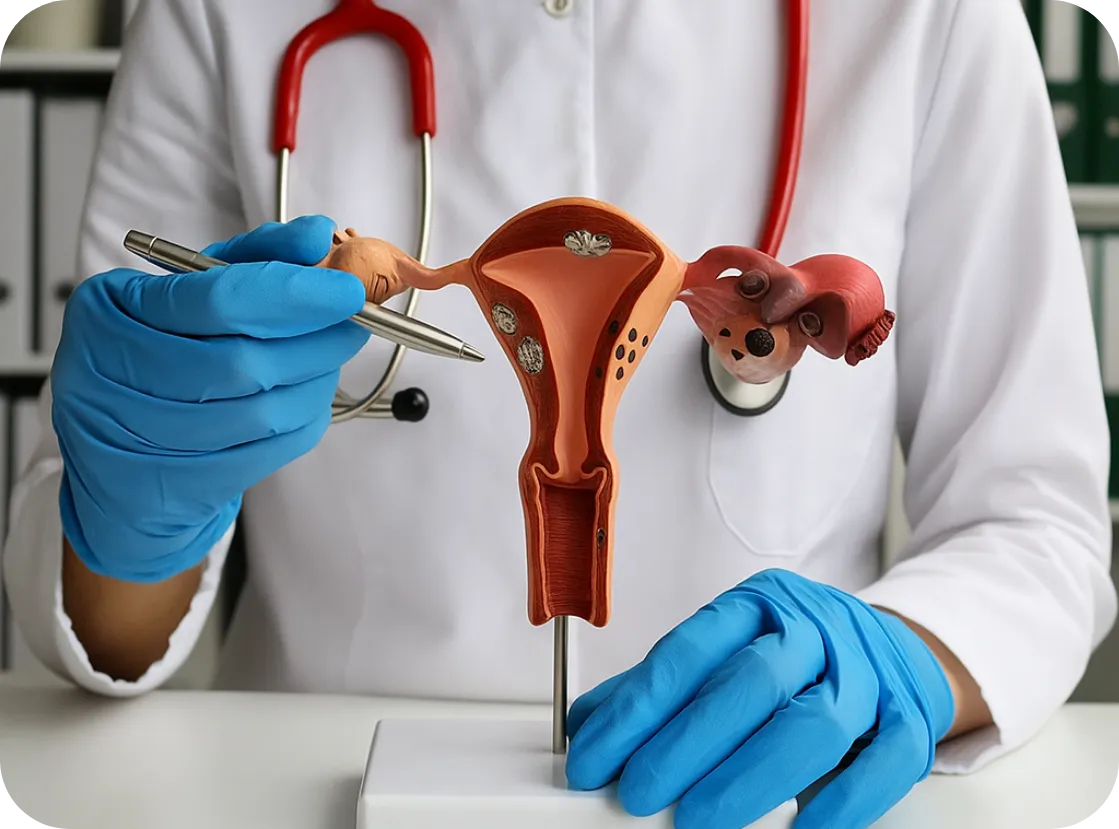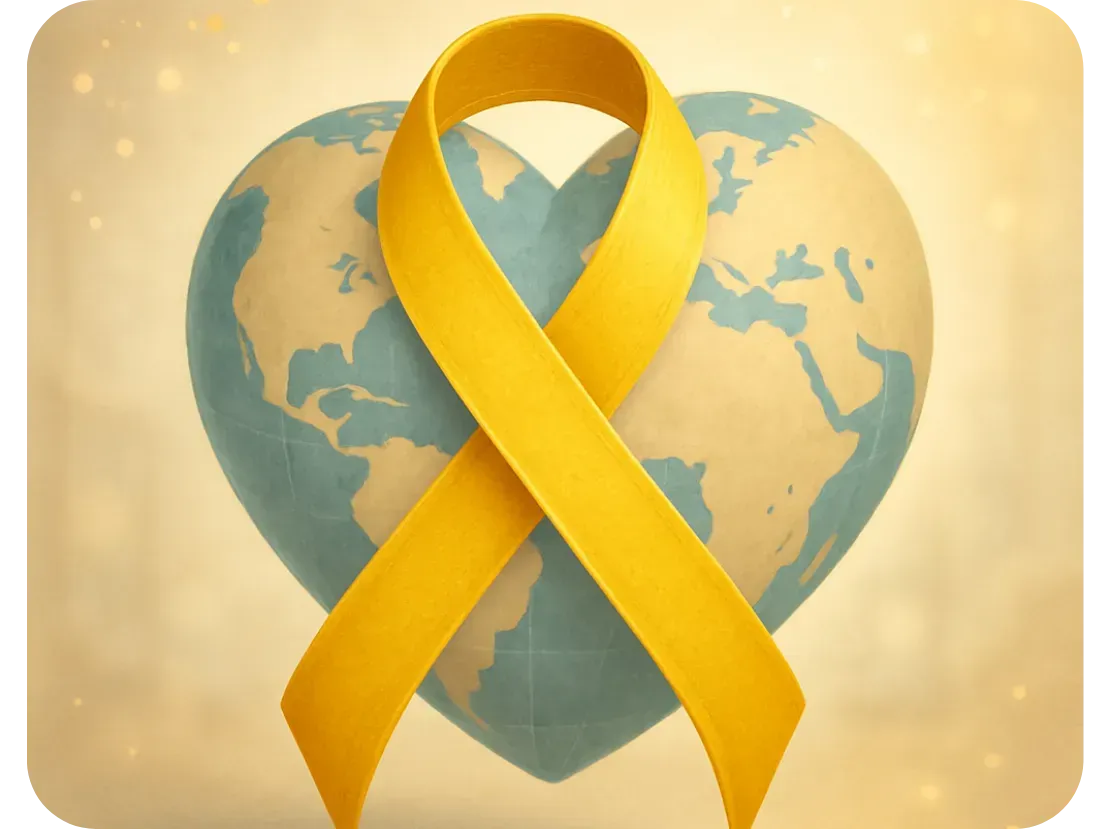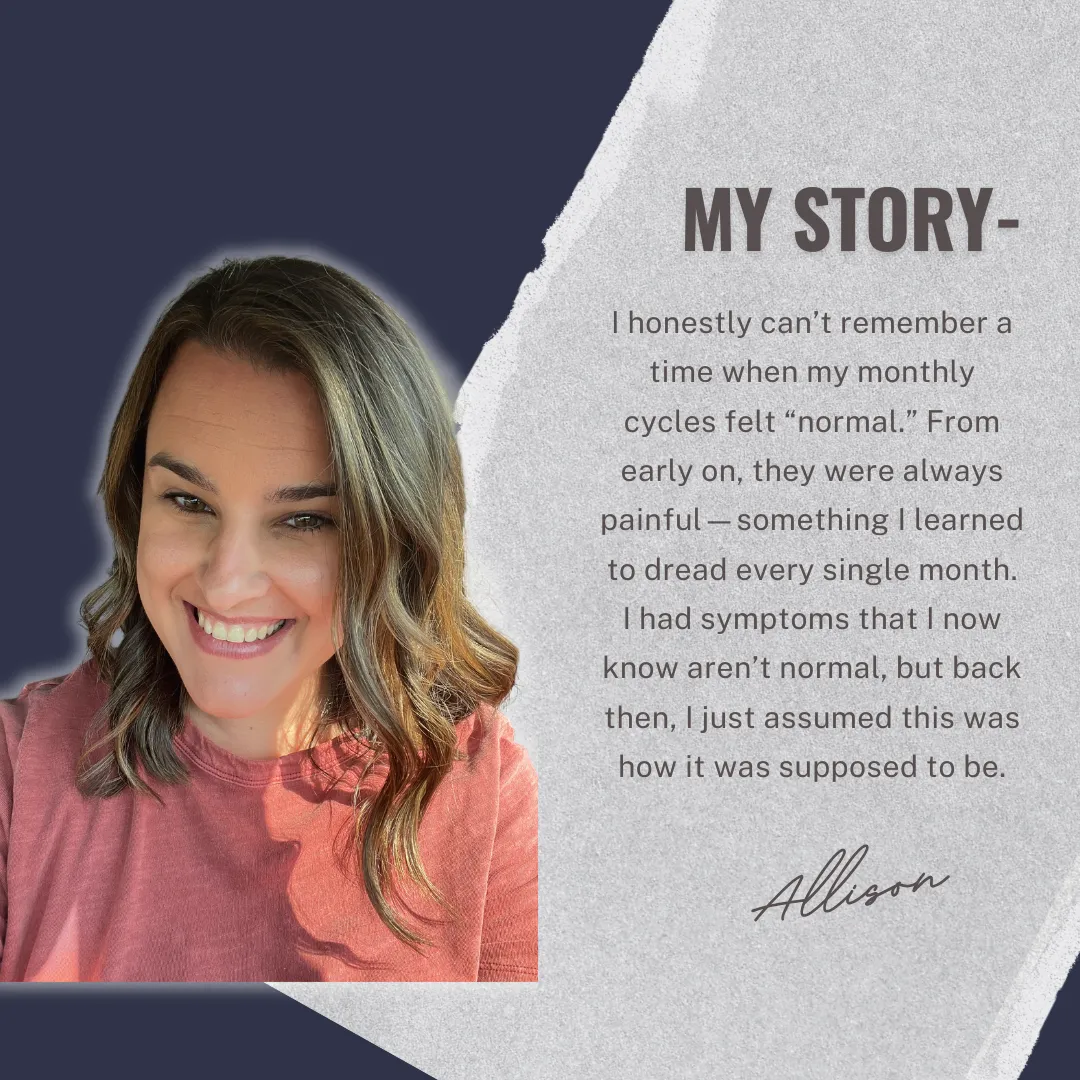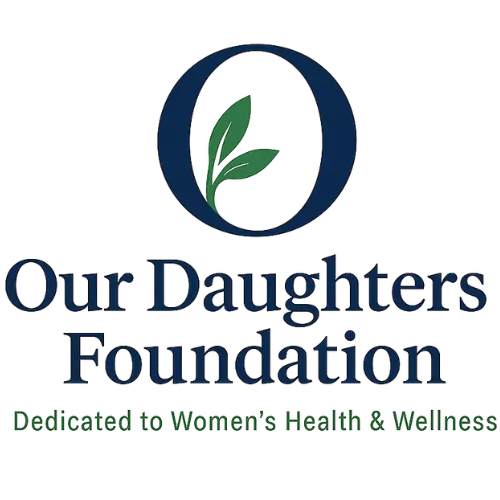Game Changer: World-First Endometriosis Research Institute Launched at UNSW, Fueled by Landmark Donation
By Our Daughters Foundation
Game Changer: World-First Endometriosis Research Institute Launched at UNSW, Fueled by Landmark Donation
By Our Daughters Foundation
This is truly a groundbreaking moment for the millions of individuals worldwide battling endometriosis. A landmark philanthropic donation of an incredible $50 million has been made to UNSW Sydney by the Ainsworth family, establishing the Ainsworth Endometriosis Research Institute (AERI). This monumental contribution, the largest of its kind globally for endometriosis research, is set to position Australia at the forefront of women's health innovation and offers unprecedented hope to the endometriosis community.
The purpose of this historic donation is clear: to accelerate breakthroughs in the diagnosis and treatment of endometriosis, ultimately striving for a cure. AERI's vision is to foster global collaboration, bringing together leading researchers, clinicians, and crucially, patients, to build a deep understanding of endometriosis biology and its pathogenesis. This comprehensive approach is designed to lead directly to improved detection, more effective management strategies, and precision-based treatments that can truly transform lives.

The potential impact on patient care and quality of life is immense. For too long, endometriosis has been misunderstood, misdiagnosed, and often inadequately treated. An institute dedicated solely to rigorous, collaborative research holds the promise of unraveling the complexities of this debilitating condition, leading to real, tangible improvements for those who suffer daily.
At Our Daughters Foundation, this news is incredibly vital to our mission. We are dedicated to funding cutting-edge research, expanding access to compassionate care, and advocating for better solutions for complex hormone-related illnesses like endometriosis. This establishment of AERI perfectly aligns with our commitment to finding answers and ensuring dignity in care for every woman and girl. It's a powerful testament to what focused investment and collaborative spirit can achieve in the fight against these often-neglected conditions.

Join us in celebrating this incredible milestone! Share this news with your networks, and consider supporting ongoing endometriosis research. Your contribution can help fuel more breakthroughs like this. Explore more about endometriosis and how you can help on our website.
Source Citation:
UNSW Newsroom: "Landmark donation powers world-first endometriosis research institute at UNSW"

This is truly a groundbreaking moment for the millions of individuals worldwide battling endometriosis. A landmark philanthropic donation of an incredible $50 million has been made to UNSW Sydney by the Ainsworth family, establishing the Ainsworth Endometriosis Research Institute (AERI). This monumental contribution, the largest of its kind globally for endometriosis research, is set to position Australia at the forefront of women's health innovation and offers unprecedented hope to the endometriosis community.
The purpose of this historic donation is clear: to accelerate breakthroughs in the diagnosis and treatment of endometriosis, ultimately striving for a cure. AERI's vision is to foster global collaboration, bringing together leading researchers, clinicians, and crucially, patients, to build a deep understanding of endometriosis biology and its pathogenesis. This comprehensive approach is designed to lead directly to improved detection, more effective management strategies, and precision-based treatments that can truly transform lives.
The potential impact on patient care and quality of life is immense. For too long, endometriosis has been misunderstood, misdiagnosed, and often inadequately treated. An institute dedicated solely to rigorous, collaborative research holds the promise of unraveling the complexities of this debilitating condition, leading to real, tangible improvements for those who suffer daily.
At Our Daughters Foundation, this news is incredibly vital to our mission. We are dedicated to funding cutting-edge research, expanding access to compassionate care, and advocating for better solutions for complex hormone-related illnesses like endometriosis. This establishment of AERI perfectly aligns with our commitment to finding answers and ensuring dignity in care for every woman and girl. It's a powerful testament to what focused investment and collaborative spirit can achieve in the fight against these often-neglected conditions.

Join us in celebrating this incredible milestone! Share this news with your networks, and consider supporting ongoing endometriosis research. Your contribution can help fuel more breakthroughs like this. Explore more about endometriosis and how you can help on our website.
Source Citation:
UNSW Newsroom: "Landmark donation powers world-first endometriosis research institute at UNSW"
Join Us: Make a Difference Today
Your support can transform lives. Every donation helps us fund research, advocate for better care, and provide essential grants to women facing debilitating conditions.
Join Us: Make a Difference Today
Your support can transform lives. Every donation helps us fund research, advocate for better care, and provide essential grants to women facing debilitating conditions.

My Story: Allison

"I honestly can’t remember a time when my monthly cycles felt “normal.” From early on, they were always painful—something I learned to dread every single month. I had symptoms that I now know aren’t normal, but back then, I just assumed this was how it was supposed to be.
My symptoms affected both my physical and mental health. The abdominal pain and cramping would leave me doubled over, sometimes unable to move. I experienced nausea, vomiting, dizziness, and terrible headaches. But even more difficult were the days when anxiety took over so completely that the simple act of getting out of bed would trigger a panic attack. All I could do was lay there, waiting for the wave to pass, hoping I could eventually function at even the most basic level.
Over time, this pattern began to erode my daily life. I was told over and over again that I just had “bad cycles,” and that hormonal birth control was the only option. I tried it and quickly realized it wasn’t sustainable for me. The other response I often got was silence—or worse: “suck it up,” “push through it,” “this is just part of being a woman.” So I did what I thought I had to do: I learned to silently suffer, white-knuckling my way through each month.
By the time I reached my thirties, after having my two sweet kids, I only had about 5 or 6 days each month where I could carry out everyday tasks without pain or debilitating symptoms. I was barely making it through. That’s when I knew something had to change—I couldn’t keep living like this.
I hadn’t considered endometriosis until my twin sister, who had gone through very similar experiences, was diagnosed after several surgeries. Her story opened the door for me to seek answers of my own. With the support of a trusted doctor, I underwent testing. They suspected both endometriosis and adenomyosis.
A few months later, I had surgery. It confirmed both diagnoses. My uterus was removed due to adenomyosis, and endometriosis was also found and excised. That surgery gave me my life back. And I don’t say that lightly. For the first time in decades, I wasn’t confined to my bed. I didn’t have to plan my life around pain. I could move, breathe, think, and live. My kids had their mom back.
Some symptoms have returned in recent months, but this time I’m not doing it alone. I’m working closely with two practitioners—one addressing things holistically, the other exploring surgical options if needed. I feel supported, seen, and hopeful.
What I’ve learned through all of this is that far too many women are suffering in silence—dismissed, minimized, and left without answers. We’re told that this is just the way it is. But it doesn’t have to be.
That’s why I’m so incredibly grateful for Our Daughters Foundation and for people like Kara, who are bringing attention, support, and real solutions to parts of women’s health that have been ignored for far too long. Being told to “tough it out” leaves one feeling isolated. Knowing something’s wrong but not being sure if anyone will help you—that’s a different kind of pain.
Awareness changes that. Advocacy changes that. Community changes that.
Thank you, Our Daughters Foundation, for fighting for us—for helping women everywhere feel less alone, and for making it known that “just a bad period” is never something we should accept."
-Allie
